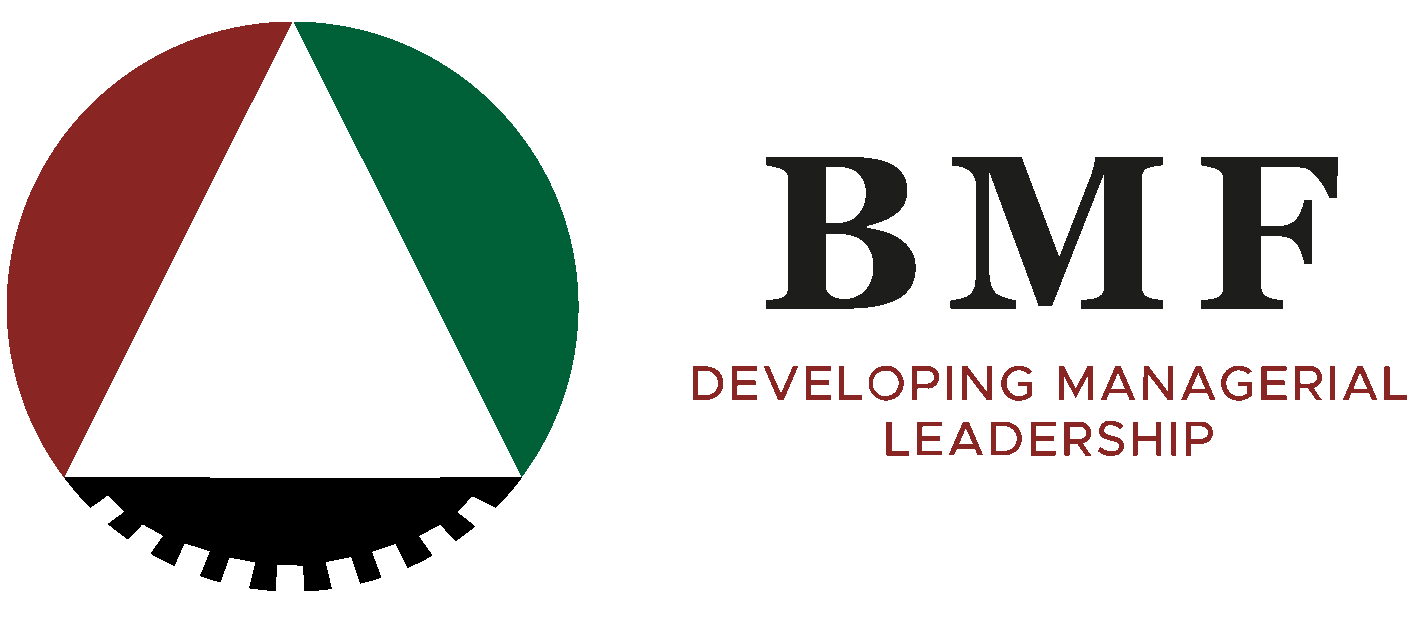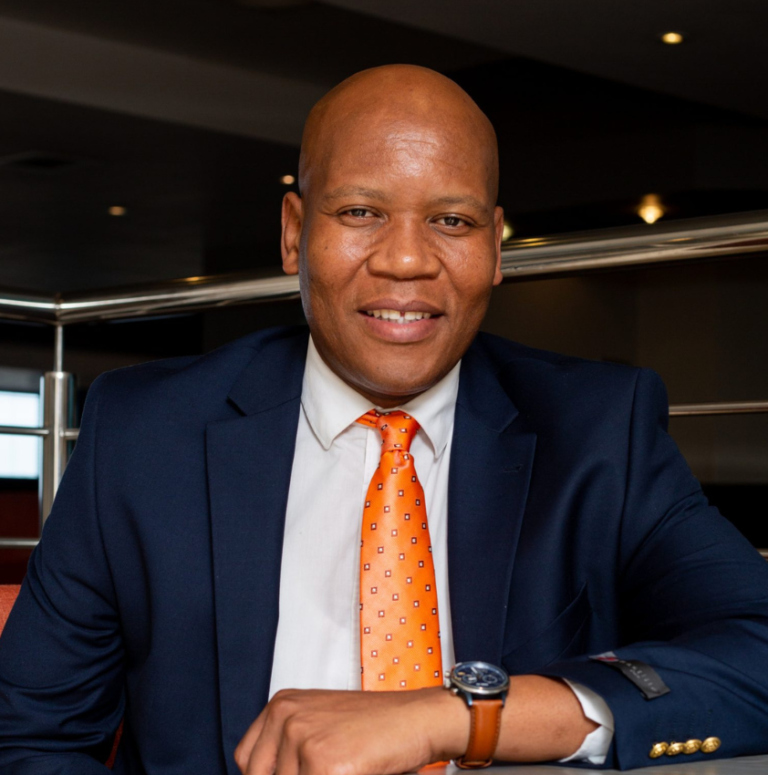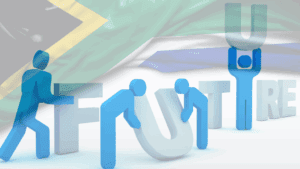The dawn of Donald Trump’s second presidency marks not just a political shift but a seismic disruption in the global commitment to equality, diversity, and progress. It is a stark reminder that transformation is neither inevitable nor immune to reversal. As the United States of America (U.S.A.) turns inward, dismantling the very values it once championed, the world is left grappling with an unsettling question: what happens when the self-proclaimed leader of the free world steps away from progress?
For decades, first-world nations like the U.S.A. have symbolised advancement, with policies that ostensibly championed diversity, inclusion, and justice.
These nations, often viewed as moral compasses, set examples that rippled across the globe. But U.S.A.’s potential regression under President Trump—a leader whose previous administration was marked by divisive rhetoric, the erosion of minority rights, and the prioritization of the privileged few—threatens to undo decades of progress.
When Transformation Becomes Fragile
Transformation is neither linear nor guaranteed. Even in nations with deep democratic traditions, progress is perilously reversible. This reality should serve as a wake-up call for countries like South Africa, where transformation is not merely aspirational but essential. We have witnessed the cost of inequality through our history of apartheid and the ongoing socio-economic disparities that persist today.
U.S.A.’s step back is more than a political story; it’s a cautionary tale. It underscores how fragile transformation efforts are in the face of populism, economic anxiety, and political polarization. If transformation is not actively pursued and protected, it risks being dismantled—not through revolution, but through quiet neglect.
America’s Retreat and South Africa’s Role
Trump’s abandonment of environmental protections and the termination of federal diversity programs in favor of a “color-blind and merit-based” society raises concerns about the dismantling of mechanisms designed to address systemic inequalities.
Moreover, the official recognition of only two genders by the U.S.A. government effectively marginalizes non-binary and transgender individuals, undermining their rights and erasing their identities are stark reminders that progress can be undone when nations fail to protect their transformative agendas.
The regression in U.S.A. policies serves as a cautionary tale, emphasizing that progress is neither linear nor guaranteed. It underscores the necessity for South Africa to reaffirm its commitment to transformation, ensuring that policies promoting diversity and inclusion are not only preserved but strengthened.
The Government of National Unity (GNU), despite its challenges, positions South Africa uniquely. It embodies diversity and compromise, reflecting the very ideals the world must uphold. Yet, the GNU’s ability to lead in transformation, equality, and diversity hinges on its willingness to act decisively and boldly.
SONA: A Blueprint for Transformation Leadership
The State of the Nation Address (SONA) must rise above political rhetoric. It must position South Africa as a global leader in the areas it knows best: dismantling inequality, fostering diversity, and championing inclusive governance. Here’s how:
- Reaffirm Transformation as Non-Negotiable: President Trump’s policies remind us that transformation is fragile. SONA must firmly recommit to socio-economic justice through Black Economic Empowerment (BEE), employment equity, and gender equality. South Africa must lead by demonstrating that transformation is not an obstacle to growth but its catalyst.
- Champion the Power of Inclusive Governance: The GNU’s diversity can serve as a powerful example of how inclusivity strengthens leadership. SONA should frame the GNU as a model for how pluralistic governance can address complex challenges and unite a polarized society.
- Position South Africa as a Sustainability Advocate: While the U.S.A. retreats to fossil fuels, South Africa can champion renewable energy and sustainability. SONA must prioritize green innovation, not just to combat climate change but to position South Africa as a leader in the transition to a sustainable future.
- Redefine Leadership in Regional Transformation: As global superpowers withdraw from transformative leadership, South Africa can amplify its influence within Africa. SONA should articulate a vision for regional collaboration under the African Continental Free Trade Area (AfCFTA), advancing trade, equality, and economic inclusion across the continent.
- Restore Trust and Accountability: Regressive leadership thrives when public trust in institutions is eroded. SONA must address corruption and inefficiency with actionable measures to restore confidence in governance.
Learning from History, Leading the Future
South Africa’s journey from apartheid to democracy is a testament to its resilience and commitment to justice. This history uniquely positions the nation to lead, by championing the transformative ideals of equality and diversity that the world so desperately needs.
South Africa is not the next Global North, nor should it aspire to be. Its power lies in its ability to lead the world in values that transcend borders: transformation, equality, and diversity. SONA must seize this moment to articulate a vision of leadership rooted in these principles, showing that while superpowers may falter, South Africa can be a torchbearer for the ideals that define a just and inclusive world.
Now is not simply a time to act—it is a time to lead, to defy the tide of regression, and to light the way for a more inclusive and equitable global future.








